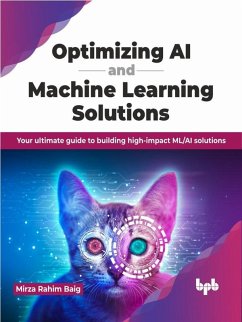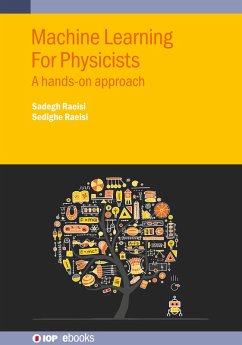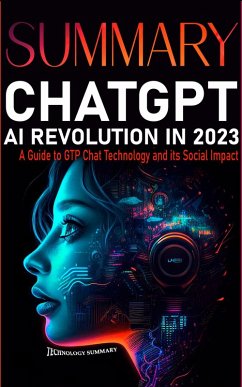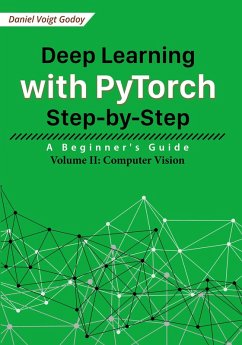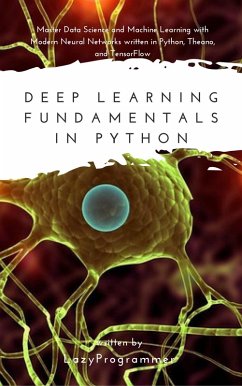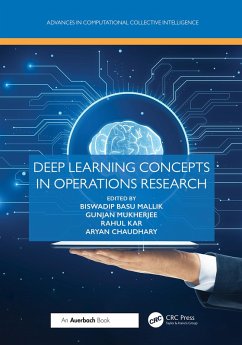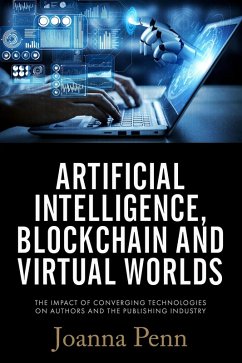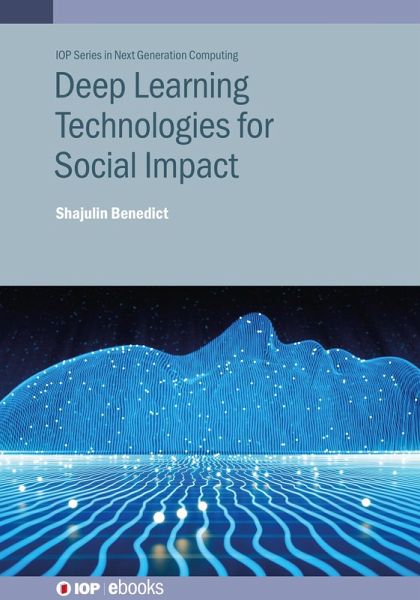
Deep Learning Technologies for Social Impact (eBook, ePUB)

PAYBACK Punkte
40 °P sammeln!
Artificial intelligence is gaining traction in areas of social responsibility. From climate change to social polarization to epidemics, humankind has been seeking new solutions to these ever-present problems. Deep Learning (DL) techniques have increased in power in recent years, with algorithms already exhibiting tremendous possibilities in domains such as scientific research, agriculture, smart cities, finance, healthcare, conservation, the environment, industry and more. Innovative ideas using appropriate DL frameworks are now actively employed for the development and delivering a positive i...
Artificial intelligence is gaining traction in areas of social responsibility. From climate change to social polarization to epidemics, humankind has been seeking new solutions to these ever-present problems. Deep Learning (DL) techniques have increased in power in recent years, with algorithms already exhibiting tremendous possibilities in domains such as scientific research, agriculture, smart cities, finance, healthcare, conservation, the environment, industry and more. Innovative ideas using appropriate DL frameworks are now actively employed for the development and delivering a positive impact on smart cities and societies. This book highlights the importance of specific frameworks such as IoT-enabled frameworks or serverless cloud frameworks that are applying DL techniques for solving persistent societal problems. It addresses the challenges of deep learning implementation, computation time, and the complexity of reasoning and modelling different types of data. In particular, the book explores and emphasises techniques involved in deep learning such as image classification, image enhancement, word analysis, human-machine emotional interfaces and the applications of these techniques for smart cities and societal problems. To extend a theoretical description the book is enhanced through case studies, including those implemented using tensorflow2 and relevant IoT-specific sensor/actuator frameworks. The broad coverage will be essential reading not just to advanced students and academic researchers but also to practitioners and engineers looking to deliver an improved society and global health.
Key Features
Key Features
- A unique focus on societal improving applications of DL technologies
- The book starts with a broader perspective before delving into the specific topics of the deep learning domain.
- Each chapter looks at future application paths as well as present usage.
- Showcases working code that reveals DL aspects in the context of smart cities or societies.
- Chapters include learning objectives and summaries.
Dieser Download kann aus rechtlichen Gründen nur mit Rechnungsadresse in A, D ausgeliefert werden.




